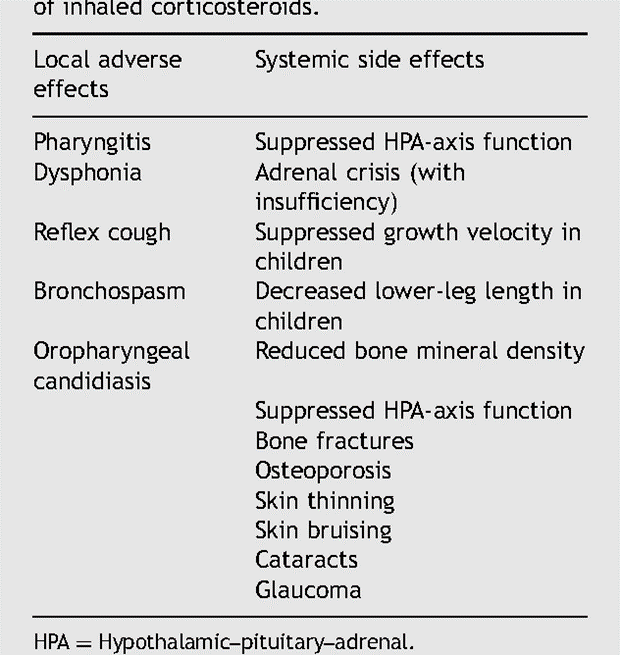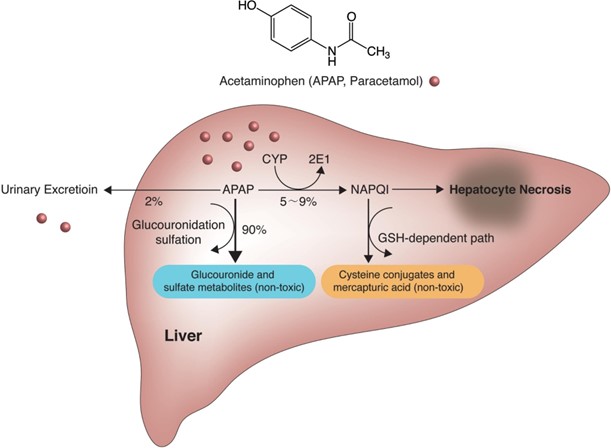A nurse is providing teaching to a client who has asthma and a new prescription for inhaled beclomethasone. Which of the following instructions should the nurse provide?
Check the pulse after medication administration.
Limit caffeine intake.
Take the medication with meals.
Rinse the mouth after administration.
The Correct Answer is D
Beclomethasone is an inhaled corticosteroid commonly used for the treatment of asthma. One of the potential side effects of inhaled corticosteroids is oral candidiasis, also known as thrush. Rinsing the mouth with water after each administration helps to reduce the risk of developing thrush by removing any residual medication from the mouth and throat.

The other options listed are not specific instructions for inhaled beclomethasone:
A. Check the pulse after medication administration: While it is important to monitor vital signs, such as pulse, in certain situations, checking the pulse after inhaled beclomethasone administration is not a specific instruction for this medication.
B. Limit caffeine intake: There is no specific need to limit caffeine intake when taking inhaled beclomethasone. However, it is generally advisable to discuss dietary considerations, including caffeine, with a healthcare provider, as individual factors and medication interactions can vary.
C. Take the medication with meals: Inhaled beclomethasone is usually taken as prescribed by the healthcare provider, and the timing of administration with meals is not typically specified.
However, it is important for the client to follow the specific instructions provided by their healthcare provider regarding the timing and frequency of inhaled medication administration.
Nursing Test Bank
Naxlex Comprehensive Predictor Exams
Related Questions
Correct Answer is C
Explanation
Acetaminophen is a commonly used over-the-counter pain reliever and fever reducer. One of the potential adverse reactions to acetaminophen is liver toxicity, which can present with symptoms such as jaundice (yellowing of the skin and eyes), dark urine, and pale stools. It is important for the client to be aware of these signs and symptoms and report them to their healthcare provider if they occur. Monitoring for jaundice can help identify any potential liver-related complications associated with acetaminophen use.
The other options provided in the question are not typically associated with acetaminophen use:
- Tinnitus: Tinnitus refers to a perception of ringing or buzzing in the ears. It is not a commonly reported adverse reaction to acetaminophen.
- Hyperglycemia: Hyperglycemia refers to high blood sugar levels. Acetaminophen does not typically cause hyperglycemia as a side effect.
- Muscle pain: Acetaminophen is used to relieve mild to moderate pain, including muscle pain. It is not an adverse reaction to the medication.

Correct Answer is A
Explanation
Expectorants are medications that help thin and loosen mucus in the respiratory tract, making it easier to cough up and clear from the airways. Increasing fluid intake, particularly water helps to keep the mucus thin and less sticky, facilitating its removal. Adequate hydration can help promote effective expectoration and relieve congestion.
The other options are incorrect because:
B. Taking the medication once a day only, usually at bedtime: The dosing frequency and timing of expectorants can vary depending on the specific medication prescribed. It is important to follow the healthcare provider's instructions regarding the dosing schedule.
C. Increase fiber and fluid intake to prevent constipation: This instruction is unrelated to expectorant use. Increasing fiber and fluid intake is commonly recommended to promote regular bowel movements and prevent constipation, but it is not directly related to expectorant therapy.
D. Restrict fluids to decrease mucus production: Restricting fluids can lead to dehydration and thickening of mucus secretions. It is important to stay adequately hydrated to maintain thin and easily expectorated mucus. Restricting fluids is not recommended for managing mucus production.
Whether you are a student looking to ace your exams or a practicing nurse seeking to enhance your expertise , our nursing education contents will empower you with the confidence and competence to make a difference in the lives of patients and become a respected leader in the healthcare field.
Visit Naxlex, invest in your future and unlock endless possibilities with our unparalleled nursing education contents today
Report Wrong Answer on the Current Question
Do you disagree with the answer? If yes, what is your expected answer? Explain.
Kindly be descriptive with the issue you are facing.
